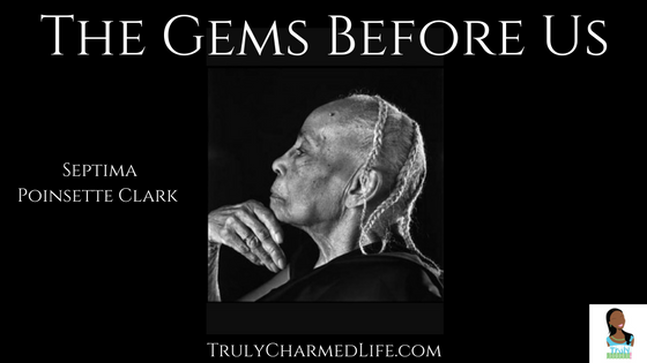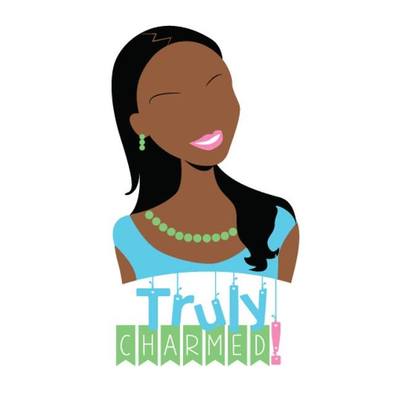This post is the first in a series entitled The Gems Before Us. We should take great pride in our history and the legacy of those who came before us. In school, you learn about only a few of the figures who played transformational roles in black history. This series will focus on those who made major impact but who are not talked about as often.

Born in Charleston, SC in 1898, Septima Poinsette Clark rose to become a respected educator and civil rights activist. She played a pivotal role in the education of both youth and adults. Clark was committed to increasing literacy among African Americans. Through the establishment of citizenship schools, Clark took on the task of informing African Americans about citizenship and the democratic process. When you hear people speak of important figures in African American history, hers is a name that should come up more often. Today’s educators, community organizers, and social activists stand on her shoulders. Read on to learn more about the iconic Septima Poinsette Clark.

Inspiring Moments in the Life of Septima Poinsett Clark
- Septima Poinsette was born to Peter Poinsette, a former slave, and Victoria Warren Anderson, a laundress. Septima was the second of eight children.
- Education: Avery Normal Institute (high school diploma, 1916); Benedict College (bachelor’s degree, 1942); Hampton Institute (master’s degree, 1946)
- In 1919, Clark joined the National Association for the Advancement of Colored People (NAACP). She was instrumental in the organization’s efforts to force the state of South Carolina to allow black teachers to teach in public schools. Their goal was accomplished in 1920. A year later, Clark began teaching elementary school in Charleston, SC.
- Septima Clark later moved to Columbia, SC, where she taught elementary school for 18 years.
- At the request of Wil Lou Grey, head of the SC Adult Education Program, Clark assisted with the education of illiterate African American soldiers stationed at Camp Jackson (Columbia, SC).
- In 1954, shortly after the Supreme Court ruled that segregation was unconstitutional, the state of South Carolina passed a law prohibiting public employees (including teachers) from becoming members of the NAACP. Clark refused to renounce her membership. She was subsequently fired from her teaching position and was denied her pension.
- Septima Clark relocated to rural Tennessee and was hired as director of workshops at Highlander Folk School. Highlander Folk School was established to educate African Americans on civic issues such as voter registration and community organizing. State authorities saw the school as ‘dangerous’ due to its acceptance of integration and, after many unsuccessful attempts, revoked the school’s charter in 1961.
Septima Poinsette Clark and Rosa Parks
- In 1961, Septima Clark accepted Dr. Martin Luther King, Jr.’s invitation to become the director of education and teaching for the Southern Christian Leadership Conference (SCLC).
- Clark coordinated citizenship classes through the SCLC’s Voter Education Project. The mission of the Voter Education Project was to eliminate illiteracy and to teach voter education and registration. Clark believed that it was crucial to address illiteracy due to strict voter suppression laws present throughout the south (e.g. literacy tests and poll taxes).
- It is estimated that close to 100,000 African Americans received instruction through the SCLC’s Voter Education Project. Septima Clark retired from the SCLC at the age of 72.
- After her retirement from the SCLC, Septima Clark continued to make an impact in her community. She became the first black woman to serve on the Charleston School Board.
- Recognition and Awards: In 1979, President Jimmy Carter presented Clark with a Living Legacy Award. In 1982, Governor Carrol Campbell honored Septima Clark with the Palmetto Award, the highest civilian honor in the state of South Carolina.
- Throughout her lifetime, Clark wrote two autobiographies: Echo In My Soul (1962) and Ready from Within: Septima Clark and Civil Rights (1986). Clark won an American Book Award for Ready From Within in 1987.
- Septima Clark came to be known as the “Queen Mother” of the civil rights movement.
There’s so much more to her story and I hope that this post has sparked your interest in knowing more about Septima Poinsette Clark. I will definitely be ordering the autobiographies!

Stay tuned to Truly Charmed for the next post in The Gems Before Us series! Subscribe HERE
